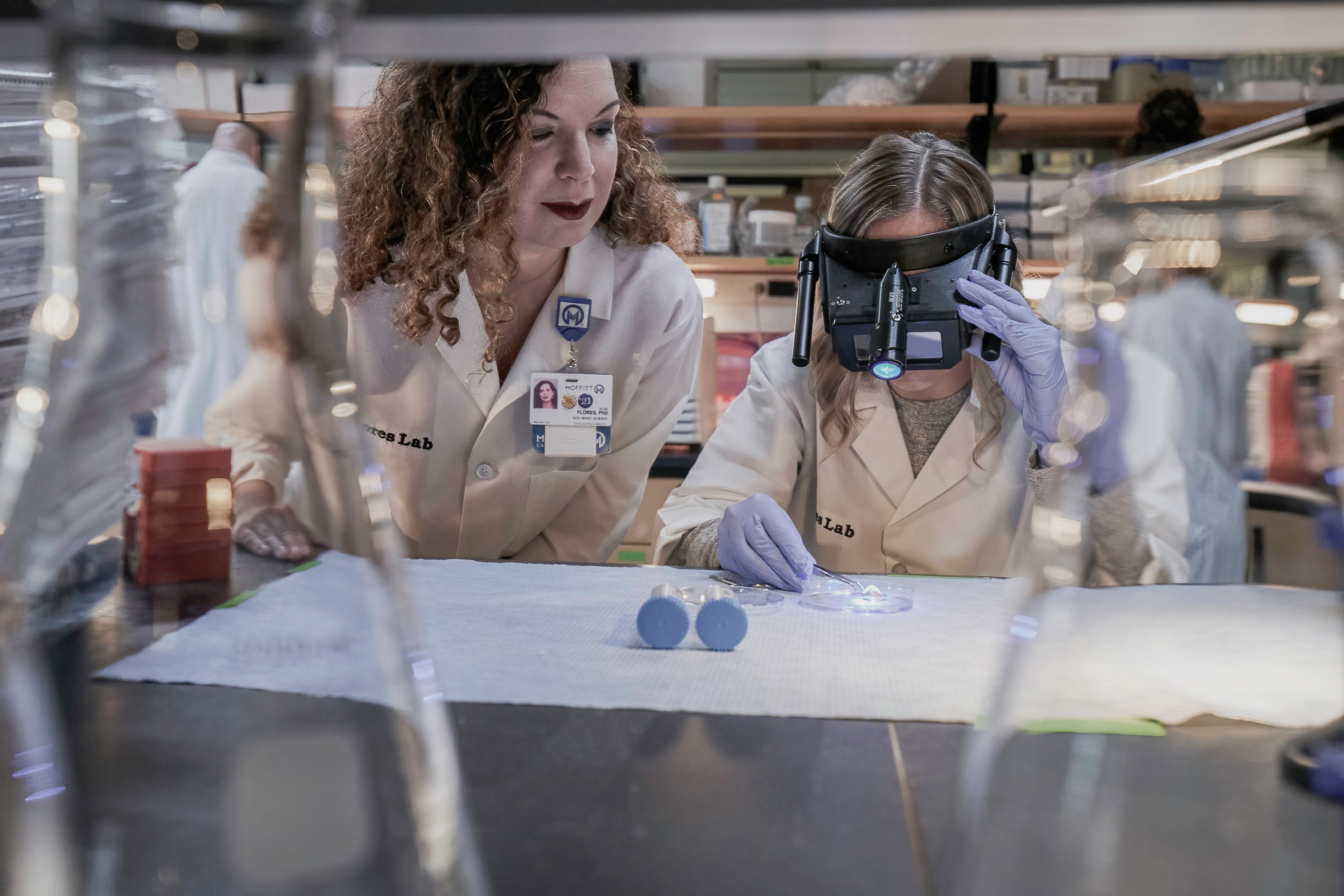Is a Cancer Research Career Right for Me?

Oncology research holds the key to improving the prevention, detection and treatment of cancer, and also to ensuring that survivors have the best possible quality of life. The field is complex, varied and unpredictable, offering those who choose it many unique challenges, possibilities and rewards.
Deciding whether a career as a cancer researcher is a good choice for you requires careful consideration of several factors, including your personal interests, skills, values and long-term professional goals. To make a well-informed decision, you should carefully think about:
Are you interested in cancer research?
To help ensure a successful career in oncology research, you should have a genuine interest in unraveling the complexities of cancer as well as a commitment to contributing to advancements in the field. Also, consider that research is both a science and an art; data analysis is scientific, but doing so effectively requires creativity.
As a cancer researcher, you will have a formidable adversary to combat. But you will also have a diverse and passionate team of colleagues from around the world who are available to support you and your work.
Do you have research career skills?
Cancer research requires several distinct qualities, such as critical thinking, problem-solving, attention to detail, flexibility and perseverance. You will need strong analytical skills to develop pointed research questions and determine the best ways to answer them. You will also need an understanding of statistics so you can dissect your data and interpret the results.
Basic research requires painstaking attention to detail and often involves an iterative approach, which means that projects can span several months or even years. Keep in mind that cancer research is a marathon, not a sprint. As projects evolve, unexpected challenges can arise, requiring flexibility and resilience. Without dogged persistence and adaptability, however, it would be impossible to develop new ways to prevent. detect and treat cancer.
What is your educational background? Do you have research experience?
Think about your academic interests and background. A strong foundation in biology, biochemistry, genetics or a related field is often essential for a career in cancer research. Also, decide whether you are willing to pursue advanced education, such as a master’s or doctorate degree, which is often necessary for conducting independent research.
The best way to determine whether a cancer research career is right for you is to gain some hands-on experience, preferably in a research setting. Explore internships, research assistant positions and volunteer opportunities in cancer labs, all of which can provide valuable insights into the day-to-day activities of a researcher.
Are your goals and values aligned with a research career?
Consider your long-term career goals. If you are passionate about contributing to scientific discoveries and improving cancer prevention, detection and treatment, a career in cancer research may align with your objectives.
Additionally, reflect on your values and desire for social impact. As a cancer researcher, you will have opportunities to contribute to advancements that directly benefit individuals affected by cancer and society as a whole.
After thoroughly evaluating these factors, you can make an informed decision about whether a career in cancer research aligns with your interests, values and professional aspirations. Additionally, you might connect with professionals in the field through networking events, conferences and informational interviews. By seeking mentorship opportunities from experienced researchers, you can gain firsthand insights into the challenges and rewards of a career in cancer research.
Cancer research careers at Moffitt Cancer Center
The oncology researchers at Moffitt are widely recognized as some of the world's brightest and most influential scientific minds. If you think you are well-suited for a career in cancer research, apply now, join our diverse team and become part of the cure.
